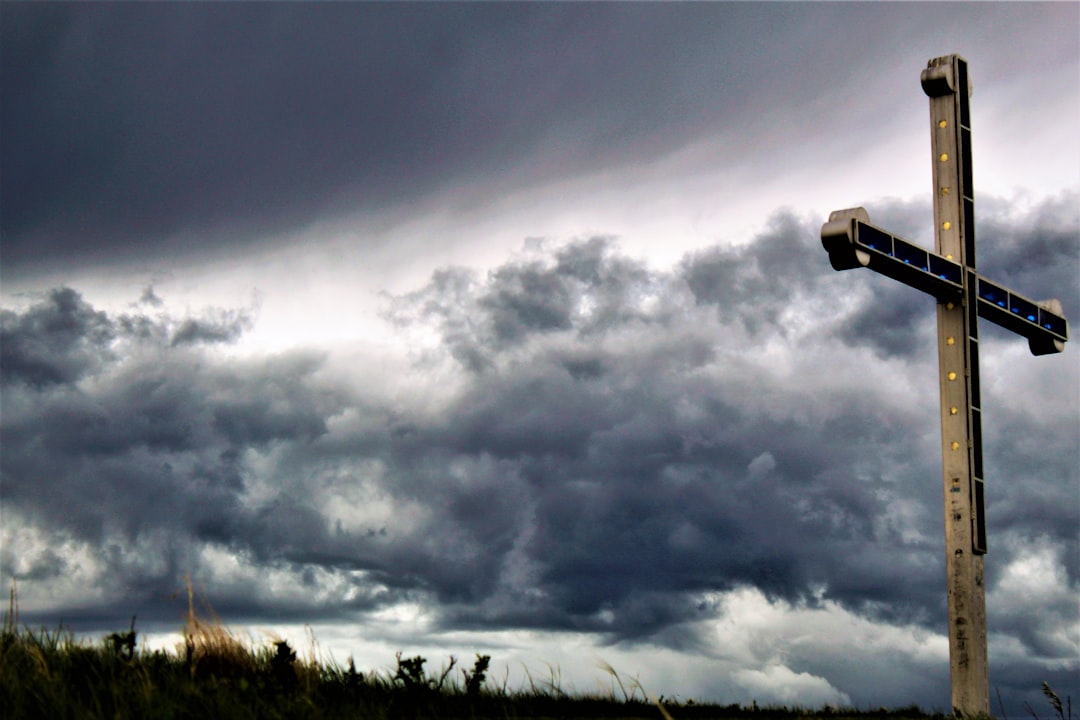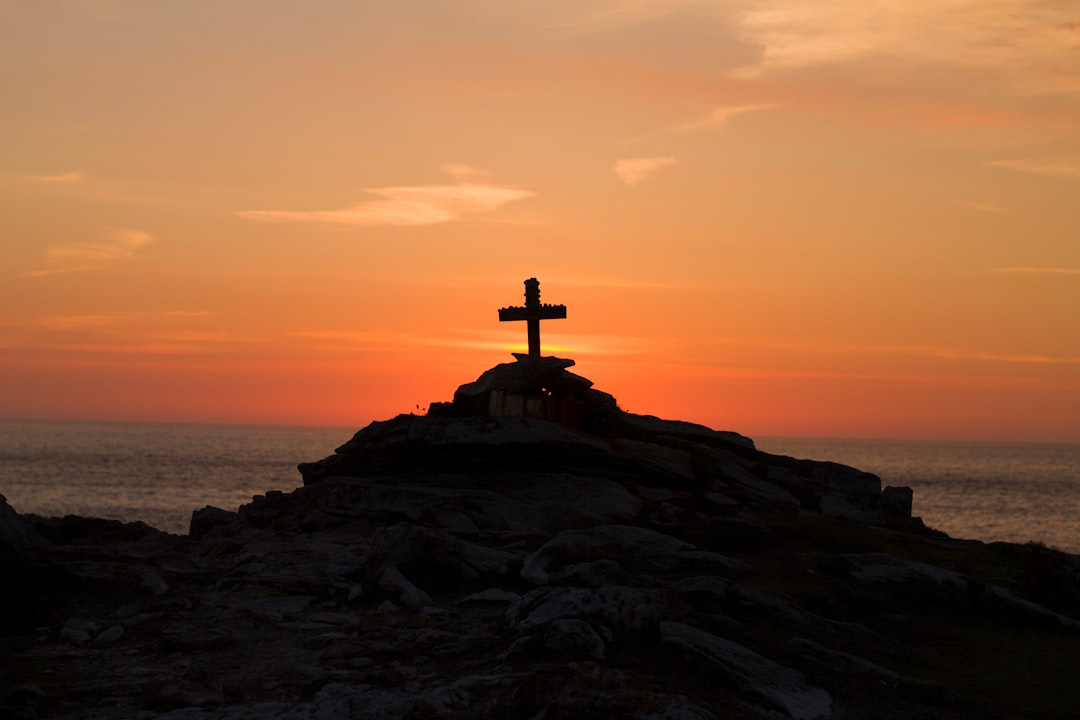What is it about?
A question that is not widely asked, but perhaps should be, is: how responsible are historians for today’s threats to much of life on earth? What part has been played by western historical constructions of the human past, the sense of time and meaning on which they have been based, and the values they create? In what ways has the modern, professionalised discipline of History, with its roots in Judeo-Christian universalism and ideas of historical exceptionalism, together with European imperial, enlightenment, and nationalist projects, taken possession of the planet's deep time and used it to delegitimise other ways of thinking about humans and the planetary past? How can thinking with deep time help historians to undo westernised modernity’s tight grip on space and time, and craft approaches to the past that give urgently needed room to all life and non-life, relationships, and possibilities?
Featured Image

Photo by Marc Sendra Martorell on Unsplash
Why is it important?
There has been little scope in the mainstream understanding of human past and present for envisaging futures that undo the dangerous political, economic, and social consensus of modernity. Instead, we see climate change and other aspects of destabilisation of earth's systems as ruptures and discontinuities from a familiar past and its promise of a better future. This article, focusing on the example of 'deep time', suggests ways that we can tell different histories of the human and planetary past so that we can think more effectively about the challenges of present and future. We can't deal with a situation caused by particular ways of thinking by continuing to think in those ways and not others. People need different tools, different approaches to the past, different ways of imagining human existence on earth.
Perspectives
We tend to think that scientists are the people who research and communicate about global warming, collapsing biodiversity, pollution, and the other interconnected challenges of our times. But for most people, this sort of communication provides them with facts that they have to accept (or in some cases decide not to), rather than being something that they can think about their own lives, communities and futures with. For that, we need humanities subjects - subjects that have shaped people's sense of where their community has come from and where it might be going. But these subjects have in many ways been slow to engage with contemporary realities of this sort. The article is one attempt to think about how history might be written in very different ways to help people see that our contemporary entanglements with earth systems and ecologies are not new, but continuous - an ongoing coevolution from the beginning of the universe. Such histories make the future described by scientists much easier to understand because they no longer tell a story about human triumph over nature that then falls apart.
Amanda Power
University of Oxford
Read the Original
This page is a summary of: The History and Deep Time of Climate Crisis, Worldviews Global Religions Culture and Ecology, October 2022, Brill,
DOI: 10.1163/15685357-02603011.
You can read the full text:
Contributors
The following have contributed to this page










